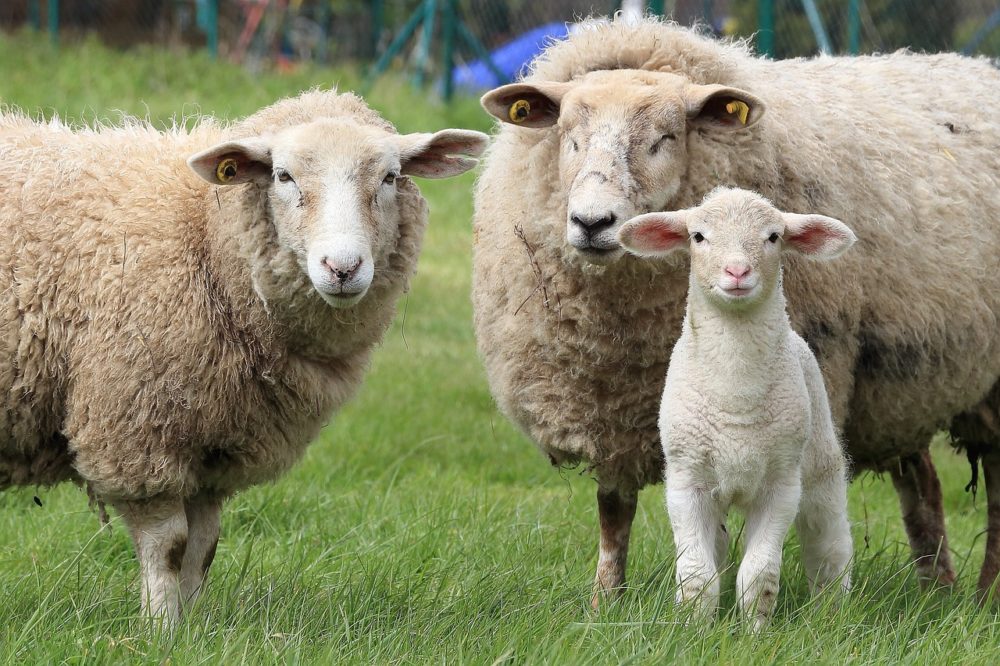Bluetongue cases identified in Wales

Bluetongue has been identified in three sheep moved to Gwynedd from the east of England.
Bluetongue is an animal disease that affects livestock including cattle and sheep, as well as goats, deer and llamas, with symptoms including a blue and swollen tongue, fever, reduced milk yield, and, in the most severe cases, death.
This is the first time Bluetongue-3 has been found in Wales and follows BTV-3 cases being detected in the east of England over the last month.
In August restrictions on the movement of sheep and cattle were introduced across Norfolk and Suffolk after several confirmed cases of the disease.
Farmers are being urged to be vigilant for the disease that is primarily transmitted by certain species of biting midges.
Bluetongue does not affect people or food safety.
Controls
Further investigations are taking place on the farm affected to determine whether additional controls are needed.
The Deputy Chief Veterinary Officer Gavin Watkins said: “The cases identified in Gwynedd are from animals brought into Wales.
“We will apply measures to stop the disease spreading from these three sheep and our aim remains to keep Wales free of bluetongue.
“It is important to talk to your vet and practice safe-sourcing of livestock, to protect our herds and flocks and keep any further disease out of Wales.
“I would urge all farmers and others who keep ruminants and camelids to be vigilant for the signs of Bluetongue and to report any suspect cases to APHA immediately.
“We have been raising awareness of the disease with vets and industry and appreciate their help in communicating the risks to animal keepers in Wales.”
Summer
Over the summer, officials said there has been a rapid increase in cases in the Netherlands and Germany, and new cases in France, Luxembourg and Denmark.
Between November 2023 and March this year there were 126 cases – 119 in cattle and seven in sheep – in England on 73 premises in four counties.
During that period, the BTV-3 strain was found in Kent, Norfolk and Suffolk, officials said.
It was the first outbreak of bluetongue in Britain since 2007, when farmers were also battling bird flu and foot and mouth disease.
Support our Nation today
For the price of a cup of coffee a month you can help us create an independent, not-for-profit, national news service for the people of Wales, by the people of Wales.





